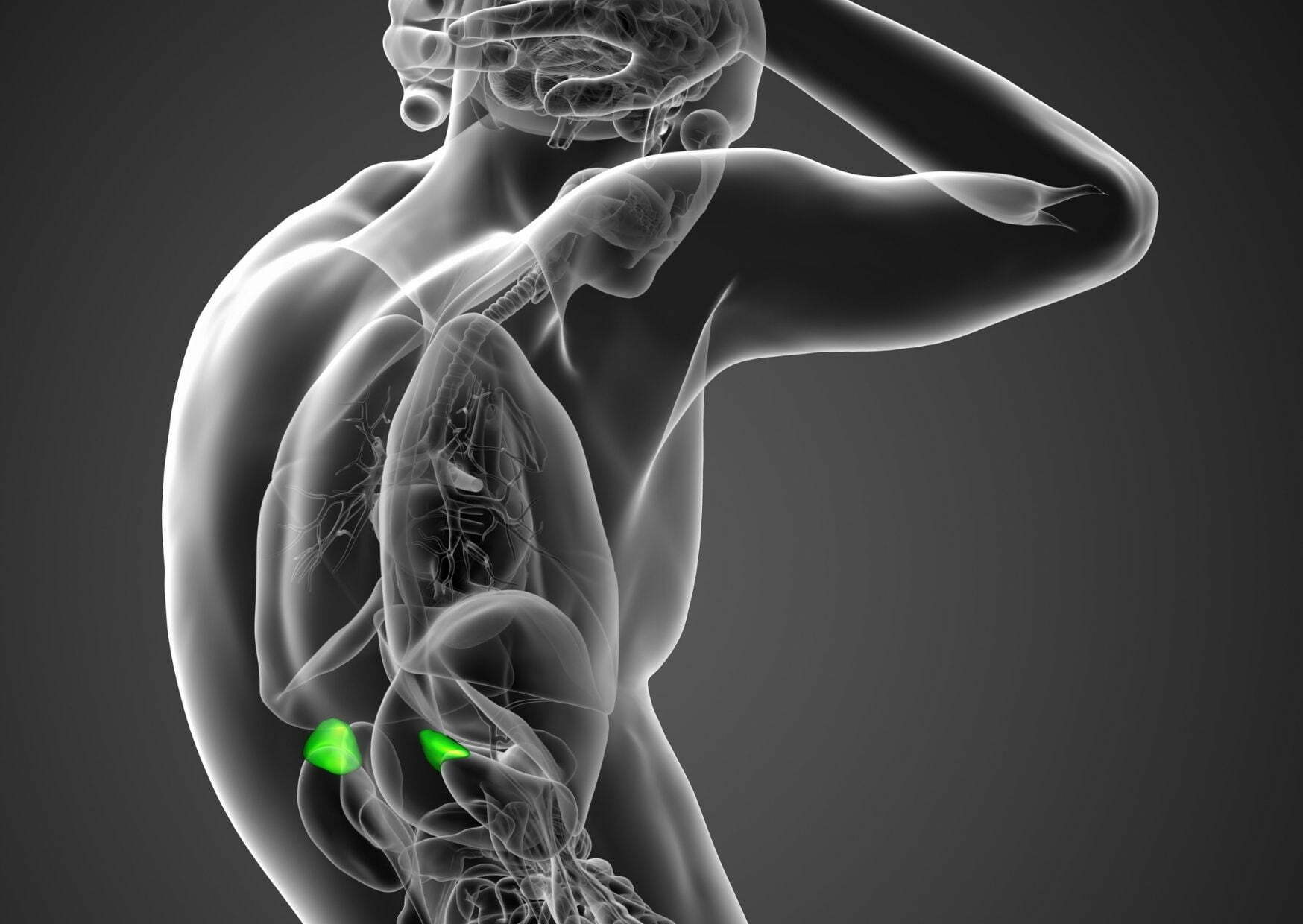Stress hormones and how Yoga can help
Is it the stress hormones or menopause symptoms when suddenly, during a speech in front of 10 people, a hot flush hits?
Let’s have a look at what stress does to your body and when stress makes you sick.
Spoiler: It’s all about our inner chemistry. What stress hormones are involved and how to find help? Stress is a balancing act: it can make you raise or fall.

Pictures are taken in Orselina, overlooking Lago Maggiore, Ticino, Switzerland (February 2022)
Hormone balance in daily life
Cortisol is our activity hormone in the first place.
It assures that we are productive, resilient and focused all day long. The hormone is created in the adrenal glands and follows its own rhythm. The concentration of Cortisol has its peak in the morning, dying down slowly towards the evening, till the sleeping hormone Melatonin takes over.

Adrenal glands are located on top of the kidneys
Short stress situations
Stress hormones do their job
From our ancestors we inherited the Fight-or-Flight-mode for situations of danger. All of a sudden, we develop a remarkable power for fighting or running away. To ignite this energy, our brain sends signals to the adrenal glands to release the stress hormone Adrenalin for a short period of time. We are wide awake and efficient. If the dangerous situation keeps on for more than 10 minutes, the hormone Cortisol is released and takes over the job.
In human’s history, this way of functioning was useful in long periods of famine and allowed our ancestors to survive.
Then modern times brought us stress with work, stress with family, stress with covid. Why is stress bad?
Continued stress
We go into famine-mode and physical symptoms arise
That’s still how our body functions today. If the adrenal glands release high amounts of Cortisol over a longer period, the body is getting ready for mode “famine”: we burn less calories and fat is stored. Also, the functioning of other glands is limited.
- The thyroid slows down, leading to hypothyroidism: you feel cold, tired, lack of energy and gain weight without any obvious reason.
- Your sex drive is cooled down! Your body doesn’t want you to make babies in uncertain times of famine, when there’s not enough food around. It tells the ovaries to produce less hormones.
- Your muscles melt away. Maintaining them would require too much energy. Furthermore, they are perfect fuel to create energy. Silently they’re taken over by fat cells.
- You get hunger cravings and rush on high calories like pizza, chocolate, cookies. Our brain rewards us with happiness-hormones, which makes these comfort food magic and attractive.

When is stress dangerous?
Cortisol hormone imbalance
Once a lion got its prey or finished fighting, it goes for a long nap under a big tree. The hormones come back to a balanced level and the whole system refinds to normal functioning.
Unfortunately, in modern human’s life permanent stress is the normal. Your body doesn’t have the opportunity to relax and regenerate and the adrenal glands permanently release the hormone Cortisol.
The ongoing production of stress hormones keeps you going. But this steaming factory can also produce unwanted stress symptoms like anxiety, palpitations, insomnia, hot flashes, cravings, you lack concentration and are irritable. If you keep pushing the pace, it can come to adrenal fatigue: you’re tired straight out of bed, panic attacks, depressive mood and insomnia increase. In short, you’re good for burnout.
A high level of the hormone Cortisol also goes with high level of blood sugar and a weak immune system.

What to do against stress?
Stress grabs your body and mind, has them under control. In return, to keep control over your cortisol level, you can act on both, the physical and your mind.
The first advice is sufficient sleep, followed by healthy nutrition and moderate sport activity, like walks in nature. A nice recommendation is 6 minutes reading before sleeping, as the Guardian wrote.
Yoga is known as an anti-stress-universe par excellence and acts on both levels.
On the physical level it acts with the poses (asanas). For example, Cobra pose (and many other backbends) activates and strengthens the adrenal gland (production of the stress hormone adrenaline and cortisol). The poses in hormone-yoga as taught by Dinah Rodrigues activate the production of the hormone estrogen.
To calm the mind, the choice of tools is broad in yoga. It goes from relaxation, Yoga Nidra, visualization, breathing exercises (Pranayama), meditation, to chanting mantra, kirtan, satsangs…. The hormone yoga classes by Dinah Rodrigues always end with Yoga Nidra, a breathing exercise and an anti-stress-exercise. After the dynamic practice, the techniques have a calming effect and bring harmony to your emotional system.
Let’s have a look at a few of the anti-stress-exercises.

Wrap up
A continued stress situation causes overproduction of cortisol by the adrenal glands. You loose balance, mental and physical. Fatigue overcomes your adrenal glands and from there your whole system.
To come out of this spiral, take a step back. Realise what is really important in your life: it’s your health. Rearrange your life to have enough rest, to go for long walks in forests or along water (sea, lake, river, waterfall). Connect to nature and your breath, put your mobile on flight mode, be there and observe the beauty of life around you, without purpose or any expectation. Just being, forget a moment about doing or having. Enjoy the present moment, it’s all that exists.
Try to find daily 10 minutes of mindfulness or meditational state. And 30 minutes of physical activity, without overdoing it. You don’t want to stress yourself more, your want to be a deserving inhabitant of your body and mind.








Trackbacks/Pingbacks